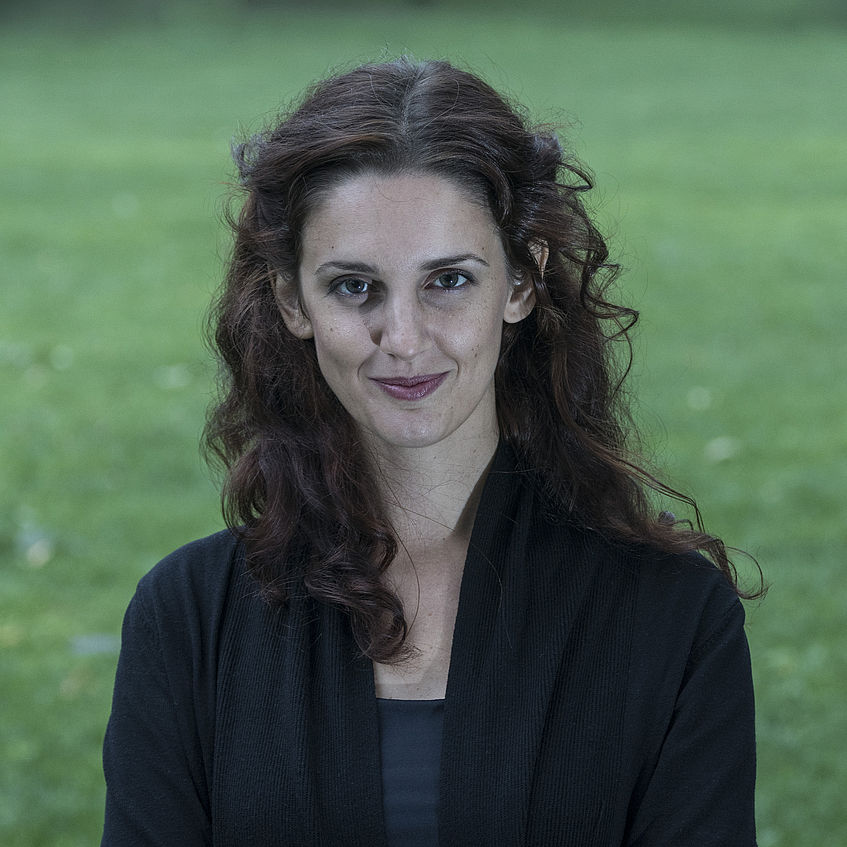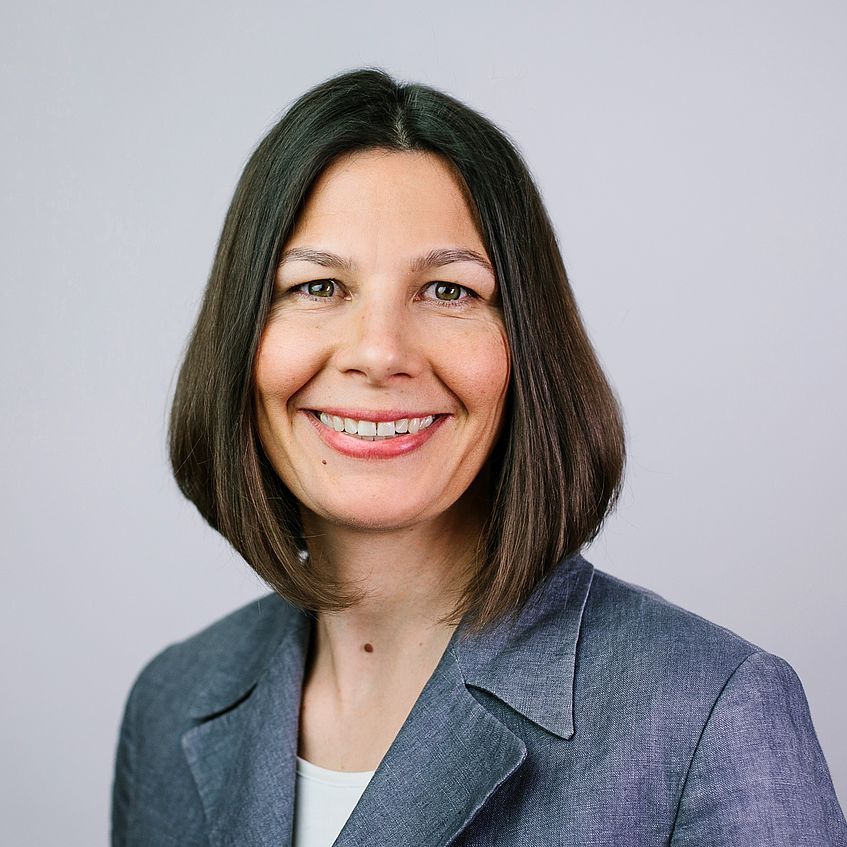Digital Ethnography and Its Challenges
In the interdisciplinary research field of digital ethnography researchers are exploring public or semi-public digital environments, such as social media (e.g., Miller et al., 2016) and virtual worlds (e.g., Boellstorff, Nardi, Pearce, & Taylor, 2012), as well as personalized and intimate smartphone practices (e.g., Miller, 2019). In doing so, the methodology of ethnographic fieldwork and the relationship between ethnographers and research partners needs to be rethought and redesigned to meet the research challenges of an increasingly digitized and digitalized world. Smartphones, for instance, are not only currently the predominant device for digitally mediated mobile interaction: they also “create new worlds with new rules about availability, intimacies, appearance and privacy” (Rushkoff, 2019). Contemporary socio-technical realities and practices are thus not easily accessible with traditional ethnographic methods. They call for a wider methodological reflection and transformation (Faubion & Marcus, 2009) of digital ethnographic methods such as online ethnographic fieldwork and participant observation, mobile and visual media elicitation, digital media biographies, and digital video re-enactments (e.g., Pink et al., 2016).
What We Aim For
Digital issues are at the heart of current societal and cultural developments. As the COVID–19 crisis has shown, there is an increasing interest in digital anthropology and digital ethnography. How to continue and conduct ethnographic research online and remotely in times of physical distancing? What concrete methodological approaches and theoretical concepts are out there? And how to adapt these methods for diverse research contexts?
The Digital Ethnography Initiative (DEI) is the first step towards greater visibility of ethnographic work on “the digital” at the Department of Social and Cultural Anthropology of the University of Vienna. It aims to establish an open space where department-based expertise, experience and research is visible to colleagues, students and the general public, thus also contributing to ongoing interdisciplinary dialogues and public engagements. Although DEI acknowledges and encourages the inherent interdisciplinary nature of digital ethnography, it also places particular attention on the in-depth understanding of historical developments within ethnography in general and its proximity to the discipline of social and cultural anthropology.
DEI is an attempt to establish a space, where longstanding anthropological interest in ethnography meets interdisciplinary dialogue. We do not only aim to engage in the discussion of what digital ethnography means across disciplinary boundaries but also to address specific issues, theories and methods. By providing an online open-access platform for sharing resources, making local expertise and research projects visible, and by organizing regular events, the initiative aims to provide orientation in a messy world of boundaries-crossing methods for researchers and students alike.
Therefore DEI aims to (1) establish a website with a collective blog and sections on resources, publications and events, and to (2) organize talks and workshops.
Who We Are
DEI was co-founded by Philipp Budka, Suzana Jovicic and Monika Palmberger, three researchers working at the University of Vienna’s Department of Social and Cultural Anthropology. Their research and teaching engage with various aspects of “the digital” – be it a topic of inquiry or digital forms of research.
 Dr. Philipp Budka is a research associate and lecturer in the Department of Social and Cultural Anthropology, University of Vienna. He has been researching digital phenomena from an anthropological perspective and by building on ethnographic fieldwork for more than 15 years. He explored digital technology appropriation, internet infrastructure development and digital practices in remote Indigenous communities in Canada; the relationship between media, conflict and activism; processes and practices of mediation, ritualization and performativity; and strategies and models for technology-enhanced learning and teaching in the social sciences. Currently, he is particularly interested in socio-technical relations and infrastructures in Northern communities, ethnographic research in the digital age and marginalized internet histories. Philipp is the co-editor of Theorising Media and Conflict (2020, Berghahn Books) and Ritualisierung – Mediatisierung – Performance (2019, Vienna University Press) and is currently preparing a monograph on the socio-technical history of an Indigenous digital environment. More information about his work can be found here: https://www.philbu.net/
Dr. Philipp Budka is a research associate and lecturer in the Department of Social and Cultural Anthropology, University of Vienna. He has been researching digital phenomena from an anthropological perspective and by building on ethnographic fieldwork for more than 15 years. He explored digital technology appropriation, internet infrastructure development and digital practices in remote Indigenous communities in Canada; the relationship between media, conflict and activism; processes and practices of mediation, ritualization and performativity; and strategies and models for technology-enhanced learning and teaching in the social sciences. Currently, he is particularly interested in socio-technical relations and infrastructures in Northern communities, ethnographic research in the digital age and marginalized internet histories. Philipp is the co-editor of Theorising Media and Conflict (2020, Berghahn Books) and Ritualisierung – Mediatisierung – Performance (2019, Vienna University Press) and is currently preparing a monograph on the socio-technical history of an Indigenous digital environment. More information about his work can be found here: https://www.philbu.net/
 Dr. Suzana Jovicic is a researcher and lecturer at the Department of Social and Cultural Anthropology, University of Vienna. She is currently PI in the “Smartphone Addiction” project (FWF ESPRIT) and serves on advisory boards in several interdisciplinary projects. Her research interests lie in the subfields of digital and design anthropology, psychological anthropology, as well as interdisciplinary and participatory research. She is co-convenor of the EASA European Network for Psychological Anthropology (ENPA) and is currently in psychotherapy training (“Psychotherapeutisches Propädeutikum”). More information and publications can be found here: https://ksa.univie.ac.at/en/department/people/post-docs/jovicic-suzana/
Dr. Suzana Jovicic is a researcher and lecturer at the Department of Social and Cultural Anthropology, University of Vienna. She is currently PI in the “Smartphone Addiction” project (FWF ESPRIT) and serves on advisory boards in several interdisciplinary projects. Her research interests lie in the subfields of digital and design anthropology, psychological anthropology, as well as interdisciplinary and participatory research. She is co-convenor of the EASA European Network for Psychological Anthropology (ENPA) and is currently in psychotherapy training (“Psychotherapeutisches Propädeutikum”). More information and publications can be found here: https://ksa.univie.ac.at/en/department/people/post-docs/jovicic-suzana/
 Dr. Monika Palmberger is a senior research fellow and lecturer at the Department of Social and Cultural Anthropology at the University of Vienna and a research fellow at the Interculturalism, Migration and Minorities Research Centre of Leuven University. She is PI of the research project “REFUGEeICT – Multi-local Care and the Use of Information and Communication Technologies Among Refugees” funded by the Austrian Science Fund. Her work focuses on digital anthropology/ethnography, (forced) migration, memory and generation. She is author of the book How Generations Remember: Conflicting Histories and Shared Memories in Post-War Bosnia and Herzegovina (2016, Palgrave Macmillan) and coeditor of Care across Distance: Ethnographic Explorations of Aging and Migration (2018, Berghahn) and co-editor of Memories on the Move: Experiencing Mobility, Rethinking the Past (2016, Palgrave Macmillan). You find her publications here: https://www.monikapalmberger.eu/
Dr. Monika Palmberger is a senior research fellow and lecturer at the Department of Social and Cultural Anthropology at the University of Vienna and a research fellow at the Interculturalism, Migration and Minorities Research Centre of Leuven University. She is PI of the research project “REFUGEeICT – Multi-local Care and the Use of Information and Communication Technologies Among Refugees” funded by the Austrian Science Fund. Her work focuses on digital anthropology/ethnography, (forced) migration, memory and generation. She is author of the book How Generations Remember: Conflicting Histories and Shared Memories in Post-War Bosnia and Herzegovina (2016, Palgrave Macmillan) and coeditor of Care across Distance: Ethnographic Explorations of Aging and Migration (2018, Berghahn) and co-editor of Memories on the Move: Experiencing Mobility, Rethinking the Past (2016, Palgrave Macmillan). You find her publications here: https://www.monikapalmberger.eu/
